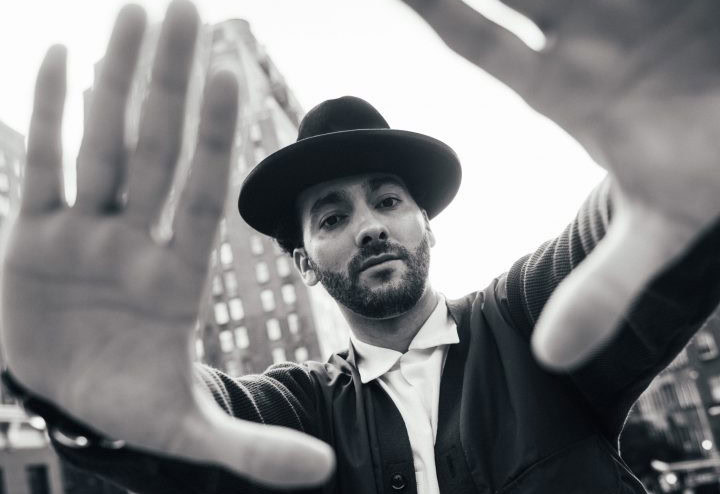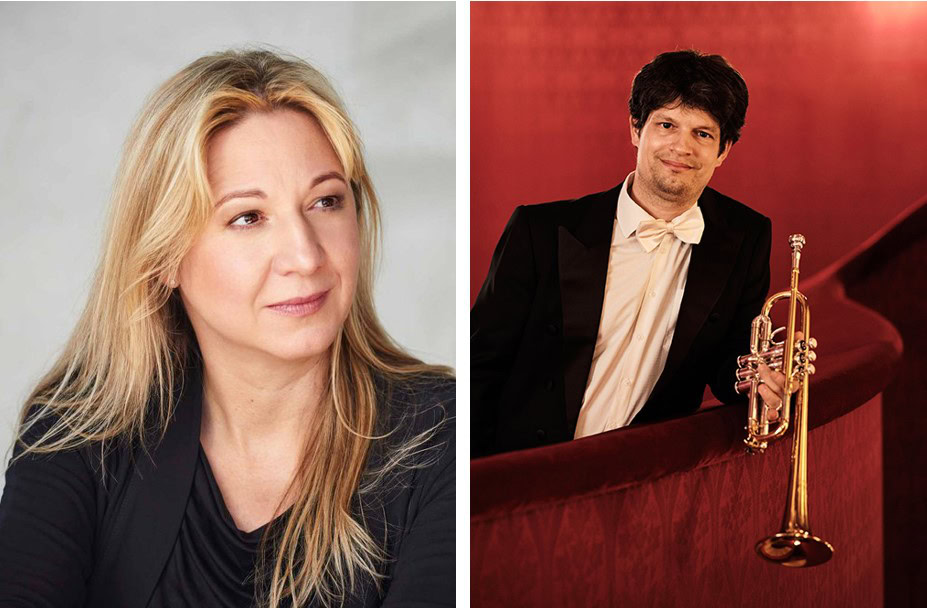Coriolan Overture
Beethoven every Friday: to mark his 250th birthday, we take a look at one of his works every week. Today it's the Coriolan Overture in C minor.

The topos of the gruff, quick-tempered Beethoven seems to be contradicted by the mighty, three-stepping beginning of the Overture to Coriolan op. 62 is exemplary. However, this composition is not a study of his own character, but a work that reflects the drama and tragedy of the eponymous tragedy by Heinrich Joseph von Collin (1772-1811): The Roman general Coriolan, once acclaimed and honored, falls from grace during a change of political power and is banished. His pride wounded, he leads an army against his hometown in alliance with his former enemies. Arriving at the gates, the renegade is asked by his mother and wife to spare the city and turn back. Caught hopelessly in the conflict between love of country and arrogance, the failed hero throws himself on his own sword. An archetypal, timeless story.
However, the overture was written too late in early 1807 to really be used as the opening of the play: at the premiere on November 24, 1802, an inter-act music composed by Abbé Stadler from Mozart's Idomeneo had arranged. The successful drama was staged on March 3, 1805, making Beethoven's Coriolan Overture a (if not the first) "concert overture" from the outset - an overture which, although based on a literary-dramatic reproach familiar to the audience, is heard in the concert hall completely detached from the theater. If such a score can stand on its own without the audience knowing the underlying theme, then this is due to its musical quality, the way in which symphonic forms and proportions are used. The work only appears "characteristic" in the sense of its emotional content.
Beethoven's Opus 62 was performed for the first time in one of the private concerts at Prince Lobkowitz's, who was also a leading member of the Vienna Theater-Unternehmungs-Gesellschaft. It stands to reason that Collin's tragedy was brought to the stage once again in this way and for a single performance - on April 24, 1807, now with Beethoven's overture.
Listen in!








